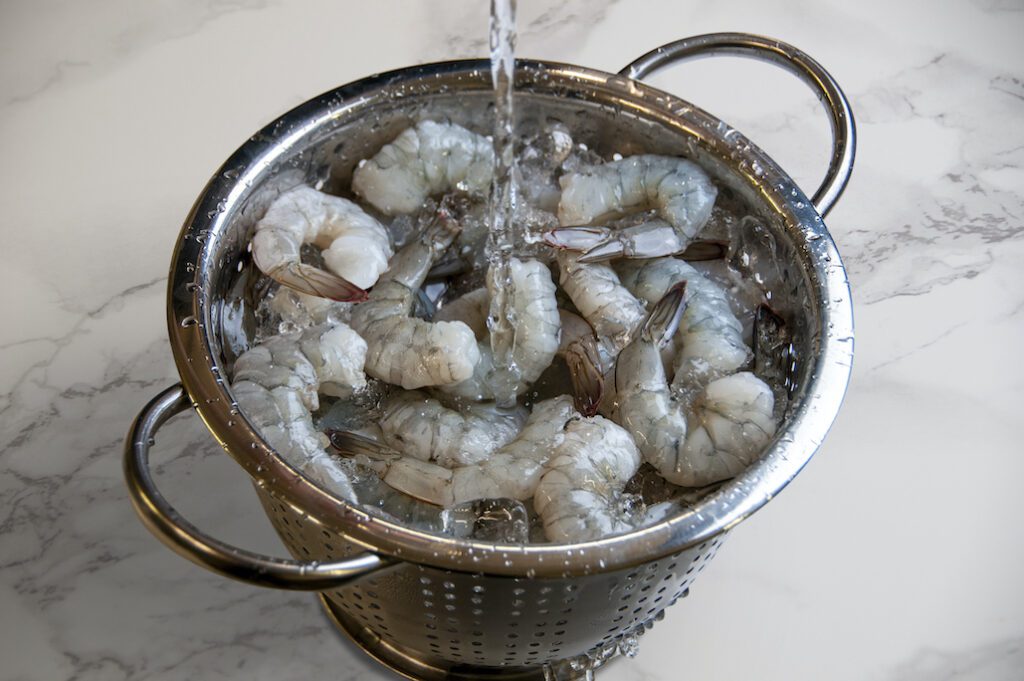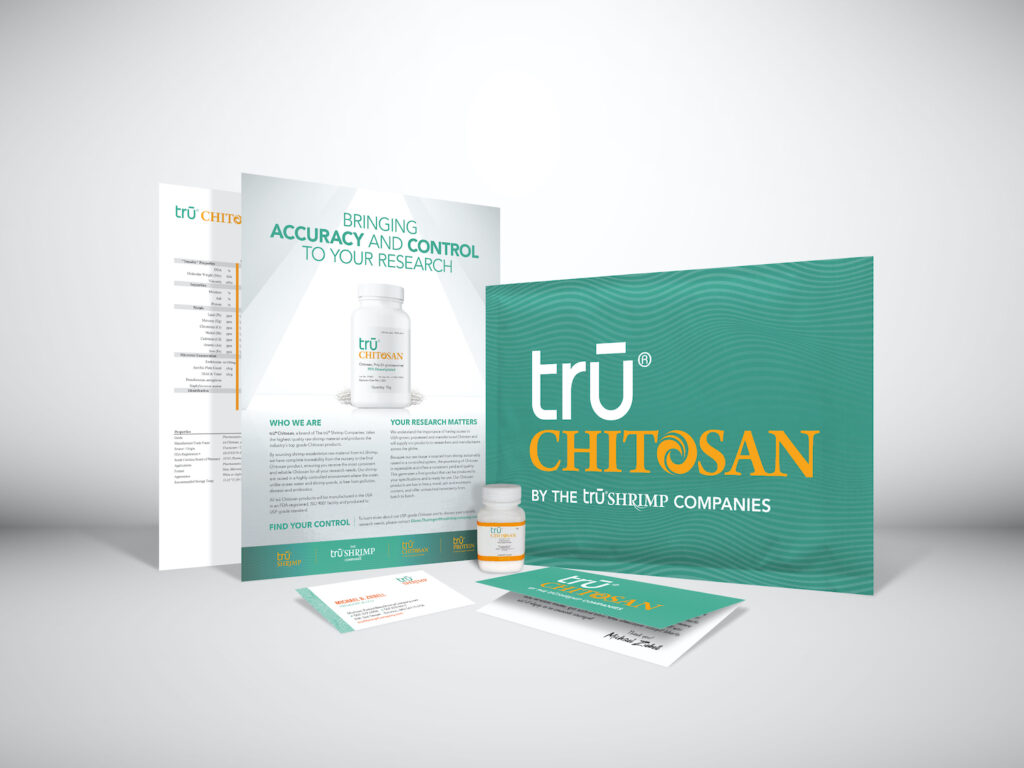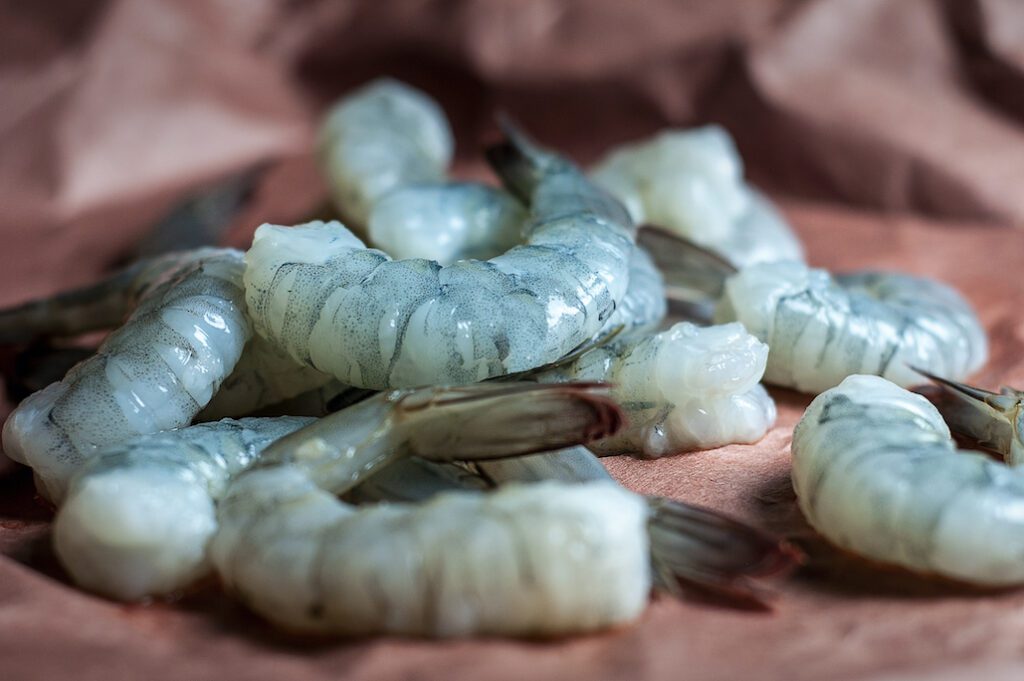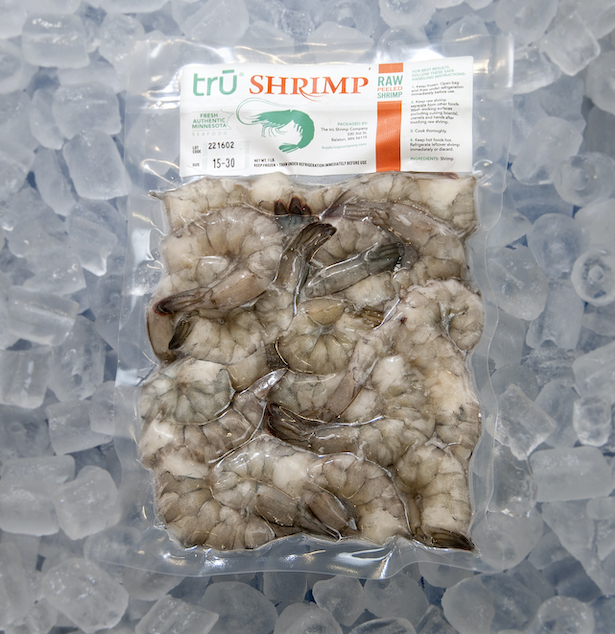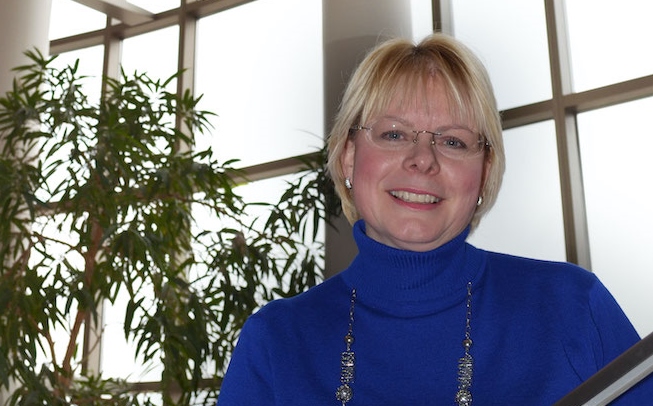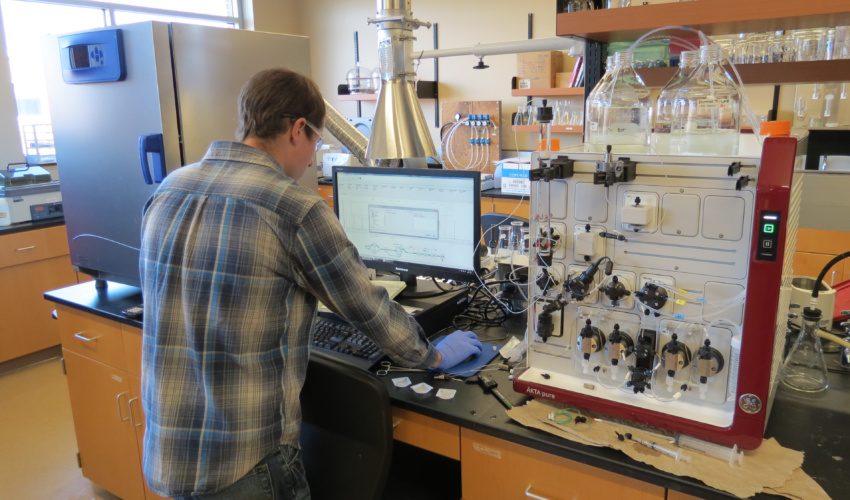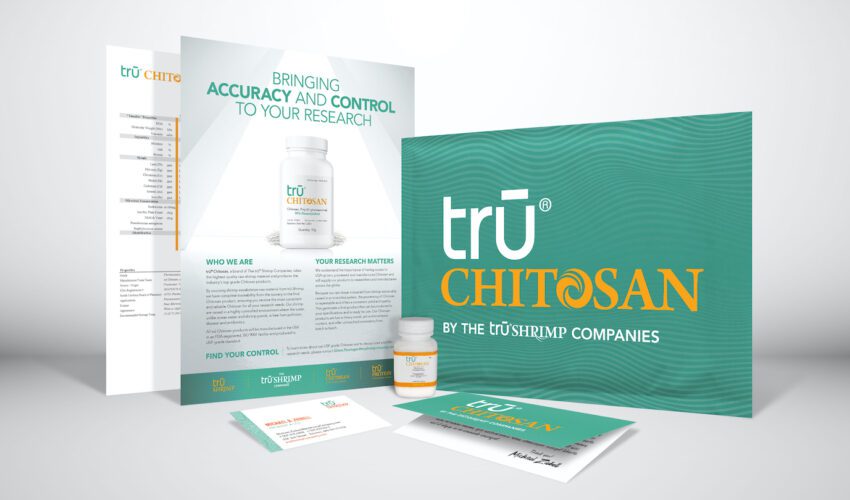Tru Shrimp gears up for growth with FDA registration for key product
Aug. 1, 2022
The biggest revenue driver for startup aquaculture business Tru Shrimp might not be the shrimp themselves.
The Minnesota company that plans a large-scale facility in Madison has just become what it believes is the first in the U.S. to be registered by the FDA to sell chitosan for medical applications.
Chitosan is made by processing the chitin found in the shells of shrimp. It has a variety of applications, but the form being produced by Tru Shrimp is done under highly controlled conditions, CEO Michael Ziebell said.
“We grow the shrimp under near-laboratory conditions. We have complete control of their environment. Everything about their life is controlled and measured,” he said. “And, of course, we do it indoors, so we have no pollution whatsoever in the water.”
When shrimp grow in ocean water, it’s polluted with heavy metals, he continued.
“We have virtually no heavy metals, so our tissue is absolutely pristine for conversion into chitosan,” he said.
Tru Shrimp identified chitosan as a revenue source from its inception but for the past several months has worked with an FDA-registered manufacturer in South Carolina to turn the tissue into USP, GMP-compliant chitosan. That means it’s produced to the specifications of the pharmaceutical industry to define a medical application, Ziebell said.
“We have achieved that, and that’s no small thing,” he said. “That’s the last piece of the revenue puzzle and the most significant part of the revenue. People think of us as a shrimp company, and that’s fine. We can’t have shells without the shrimp.”
The medical-grade chitosan is a natural antibiotic, an anti-fungal and “stops bleeding almost instantly,” he continued. “And it biodegrades in the body with no harmful effect, so it’s a remarkable compound.”
It’s also used in tissue engineering in 3D printing of organ tissue and in nanoparticle technology.
“We’ve always been excited, but with our FDA registration in hand, we are free to start selling chitosan,” Ziebell said.
“Our target markets for our chitosan will be medical device, pharmaceutical, prescription dermatology and premium cosmetics.”
The facility in Balaton, Minnesota, can produce 100 kilograms of chitosan annually, which is enough to take on customers, build awareness and start some trials.
“In the world of chitosan, it is a lot,” he said. “Many applications are just fractions of a gram. Chitosan is so valuable it’s sold by the gram or even the half-gram.”
Tru Shrimp’s first customer is a medical device company, he said.
“It’s very exciting for us because they came to us when they found out what we were doing,” he said. “They found out on a Wednesday, and the following Tuesday they were in Balaton.”
Chitosan will be one of three key revenue streams for Tru Shrimp, which had considered an IPO earlier this year before withdrawing it, citing market conditions.
The plan is still to move ahead with the Madison Bay Harbor, which is envisioned as a $95 million facility that can produce 1.6 million pounds of shrimp and 4,700 kilograms of chitosan annually.
The shrimp being produced in Balaton are all sold into the Twin Cities, Ziebell said.
“Nearly everything we produce goes into Kowalski’s supermarkets; they’re lovely high-end supermarkets in Minneapolis and St. Paul,” he said.
The third revenue stream is a newer one established within the past six month: a high-protein, low-fat pet food ingredient.
“When we process the shrimp … we have some that are too small for the consumer market, and from that collection of pieces, we create this wonderful pet food emulsion the market has really embraced,” Ziebell said. “We have a couple customers and some commitments. By the time we build Madison Bay Harbor, that will be sold out.”
So when will that be? As time and other estimates have passed, Ziebell has become more reluctant to put a date on it but said with revenue from chitosan in hand, “we’re quite confident we can close out the financing to build Madison Bay Harbor, so we are moving as quickly as we can.”
An IPO “is still on the table, although that seems the least likely of our paths forward,” he said. “We were ready to go and got caught in the vortex of the economic downturn, so we had to withdraw the IPO, and the markets have not improved.”
If financing is secured, the intent is to start building early next year, he said.
“We have to. Nearly everything is sold,” he said. “We sold all the shrimp, we’ll easily sell out the shrimp (pet) food, and we already have one large customer for chitosan through a letter of intent. I know the people of South Dakota have been patient with us, but we’re coming. It’s not easy to build something that’s the first of its kind. Sometimes, I’m stunned by how long this has taken, but we’ve also done everything right.”

